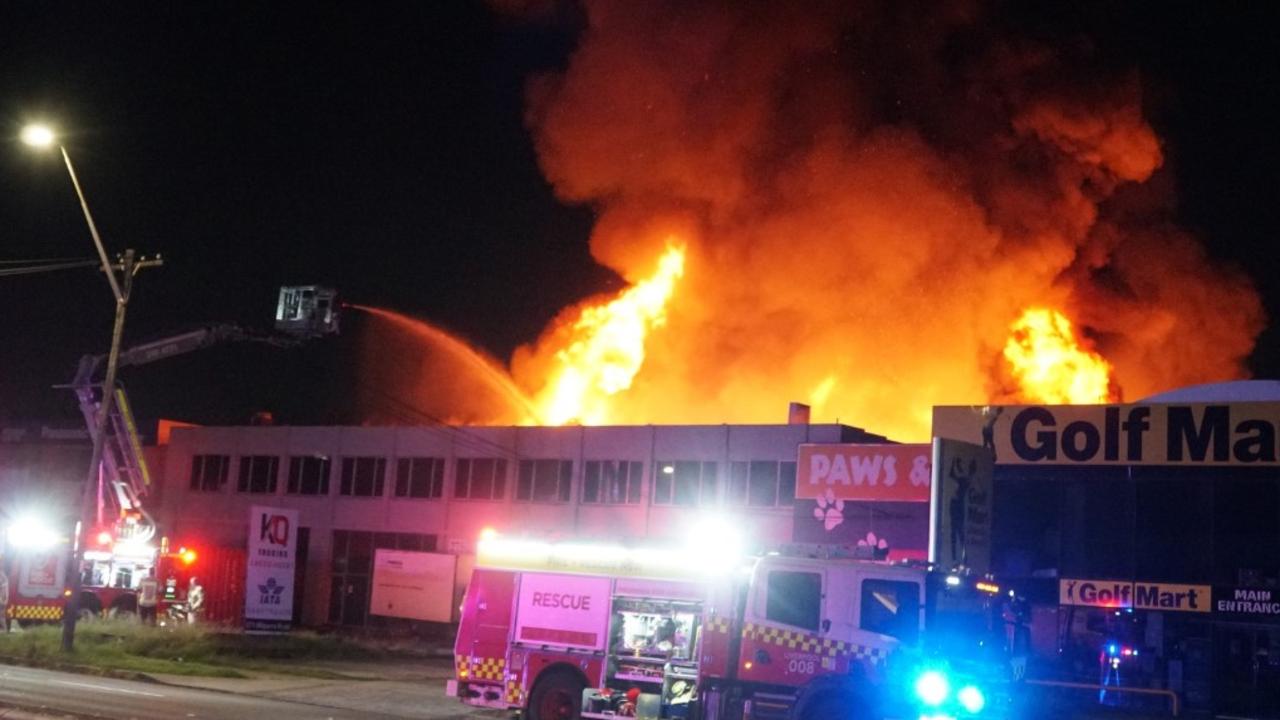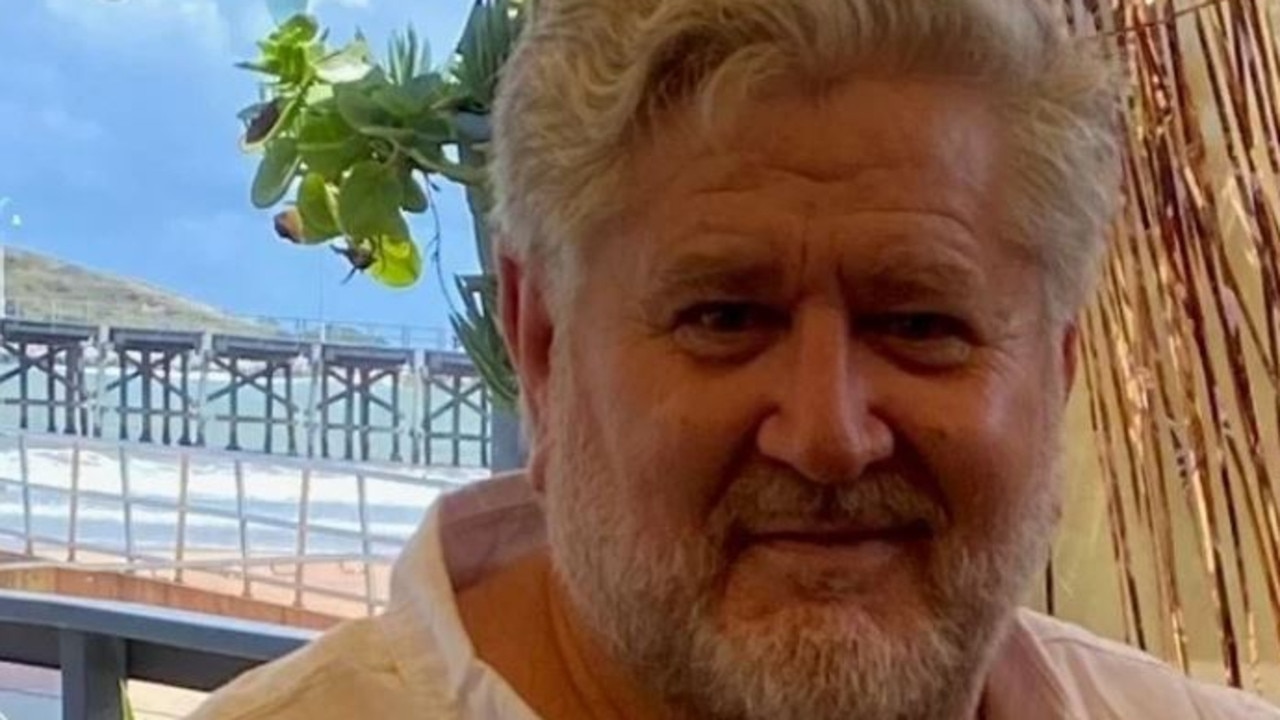Creating ‘deepfake’ sexual images without permission to get a seven-year sentence
Using AI to create ‘deepfake’ images of real people engaged in sexually explicit acts will soon land you in prison for as long as seven years.
NSW
Don't miss out on the headlines from NSW. Followed categories will be added to My News.
Using AI to create “deepfake” images of real people engaged in sexually explicit acts will soon land you in prison for as long as seven years.
On Wednesday Attorney-General Mark Dreyfus will introduce legislation that will criminalise the sharing of deepfake pornographic images of people without their permission.
Deepfakes are things that never happened but look convincing because they were created with a person’s real likenesses.
The crackdown has been prompted by a rash of computer-generated porn, which can now be made using apps that are easily available online.
The overwhelming majority of the victims of this behaviour are women and young girls, particularly celebrities.
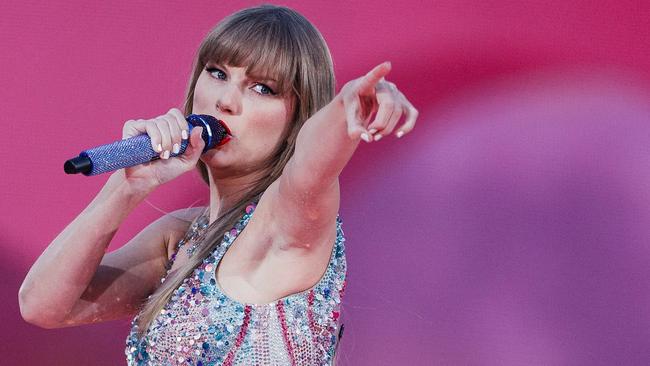
In February singer Taylor Swift became the highest profile victim of the practice when fake pornographic material was shared on X (formerly Twitter) and Telegram.
The material was viewed more than 27 million times before material was removed less than 24 hours later.
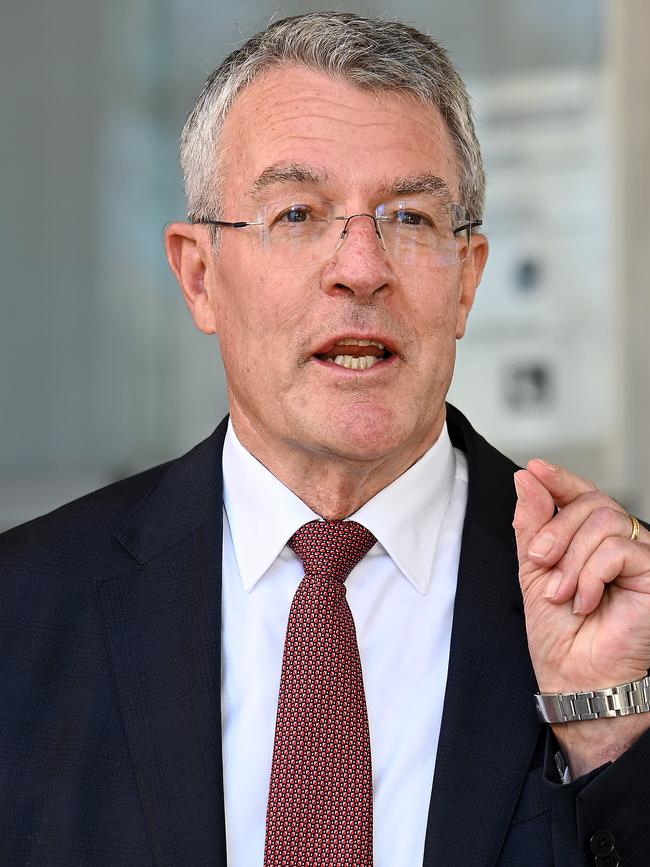
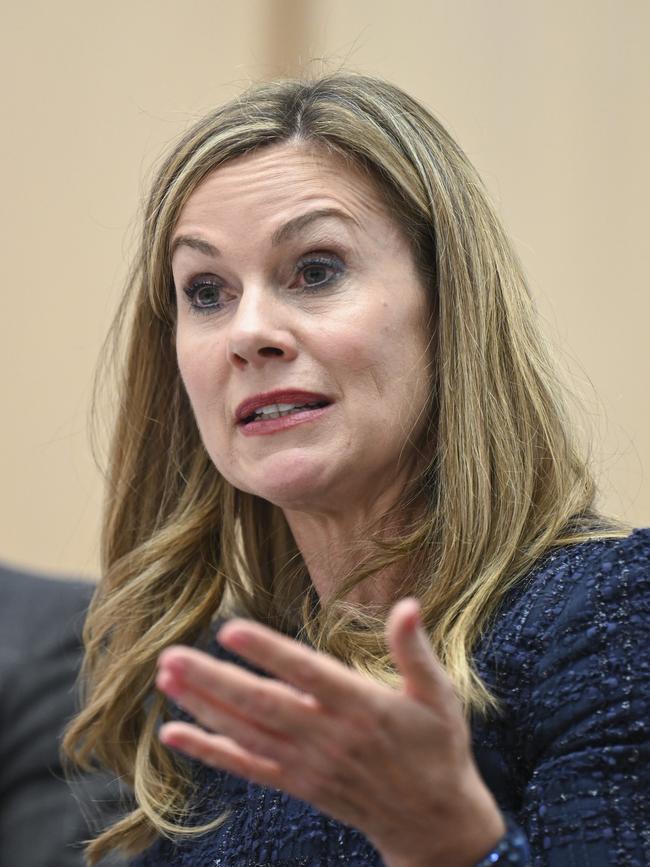
The new legislation also follows a case last year in which Australia’s eSafety commissioner obtained a court order forcing a man to remove fake pornographic images he had posted online of teachers and students from a prestigious Brisbane school.
He was later charged with contempt of court after refusing to take the material down.
Mr Dreyfus’s new legislation will strengthen existing criminal laws and create a new aggravated criminal offence aimed at people who use technologies to artificially generate or alter sexually explicit material for the purposes of non-consensual sharing online.
Child abuse material is already outlawed.
The decision to criminalise the sharing but not the creation of the fake pornographic material without the victim’s consent has been taken because lawyers advised the Commonwealth’s power to legislate does not extend to the creation of sexually explicit adult deepfakes.
Mr Dreyfus said the Government was determined to punish people who shared deepfake porn.
“Digitally created and altered sexually explicit material that is shared without consent is a damaging and deeply distressing form of abuse,” he said.
“We know it overwhelmingly affects women and girls. It can inflict deep, long-lasting harm on victims.”
He said the new law would make it clear that “those who share sexually explicit material without consent, using technology like AI, will be subject to serious criminal penalties.”
Got a news tip? Email weekendtele@news.com.au




